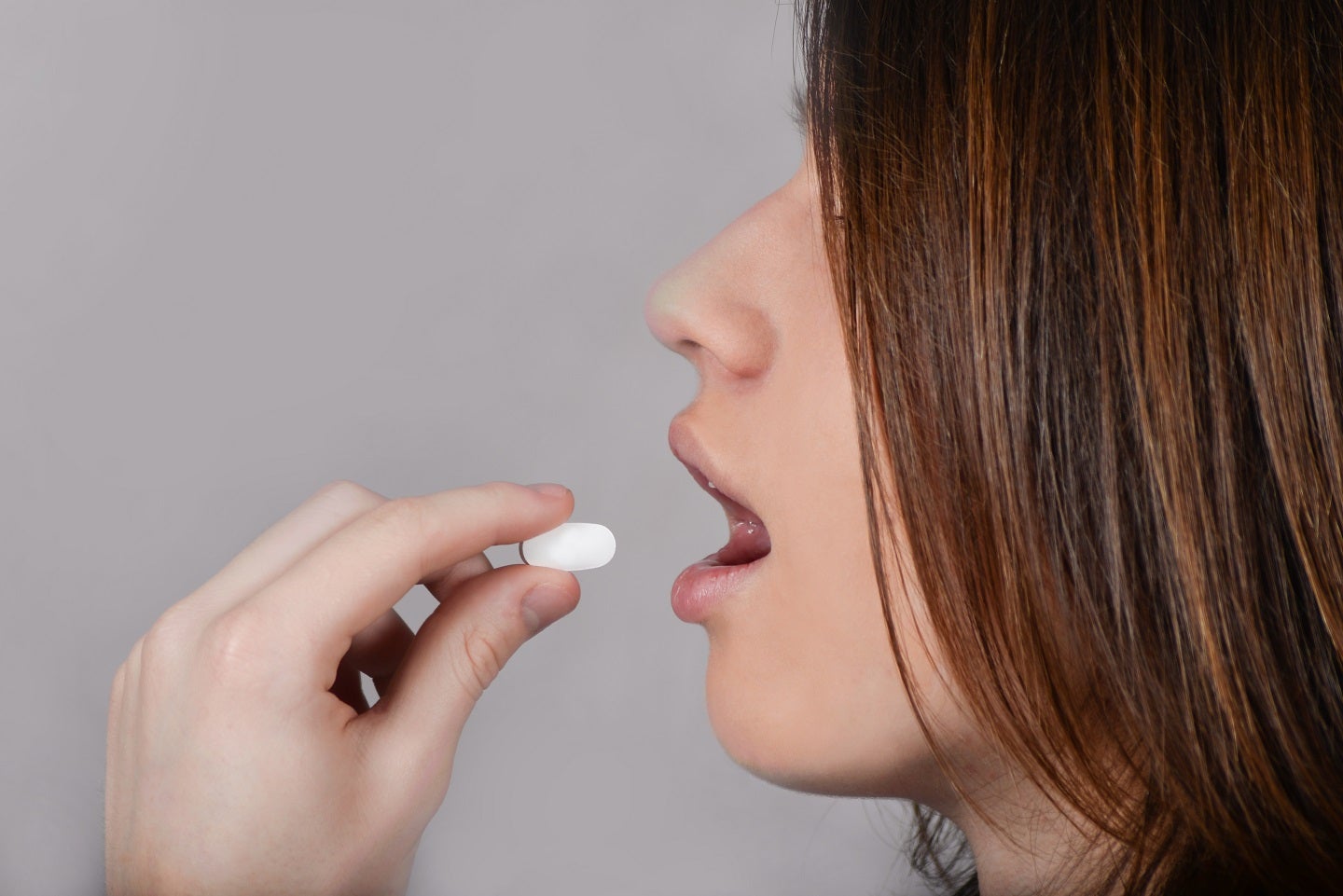STAT+: Pharmalittle: CRISPR pioneers reflect on future of gene editing; U.K. and pharma reach deal on how NHS pays for drugs
The U.K. and the pharma industry reached a deal on a five-year plan outlining how the National Health Service pays for drugs.

Good morning and welcome to Thanksgiving week! STAT reporter Andrew Joseph here filling in for Mr. Pharmalot today. It’s my first Thanksgiving since moving over to London to expand STAT’s European coverage, but never fear, a Thanksgiving feast will be had on Thursday. (A reminder: It’s not too early to get started on some prep. I made my pie crusts over the weekend and they will hang in the freezer for a few days. Also, have you considered how long it takes to thaw your turkey?) Wishing those of you celebrating this week, wherever you are, a happy holiday, and even if the big day comes around but once a year, it never hurts to remind yourself what it is you’re grateful for. Cheers!
Four CRISPR pioneers reflect in STAT on the approval of the world’s first CRISPR-based medicine and on the future of gene-editing therapies. Just over a decade after their first CRISPR papers were published, Jennifer Doudna, Emmanuelle Charpentier, Feng Zhang, and George Church all chime in about the authorization of Casgevy in the U.K. for sickle cell and beta thalassemia. They also discuss the divergent paths they’ve taken over the past 10 years, the promise of gene editing, and the challenges that CRISPR will have to clear in the future.
The U.K. and the pharmaceutical industry have reached a deal on a five-year plan outlining how the health system pays for drugs, as the country tries to keep a lid on its medicines spending while simultaneously building up its life sciences industry, STAT writes. The current plan, which has drawn the ire of pharma companies, requires drug companies to pay rebates back to the U.K. if spending on medicines increases by more than 2% a year. Under the new agreement, the level of allowed growth in drug sales will increase from 2% in 2024 to 4% by 2027.
What's Your Reaction?

































